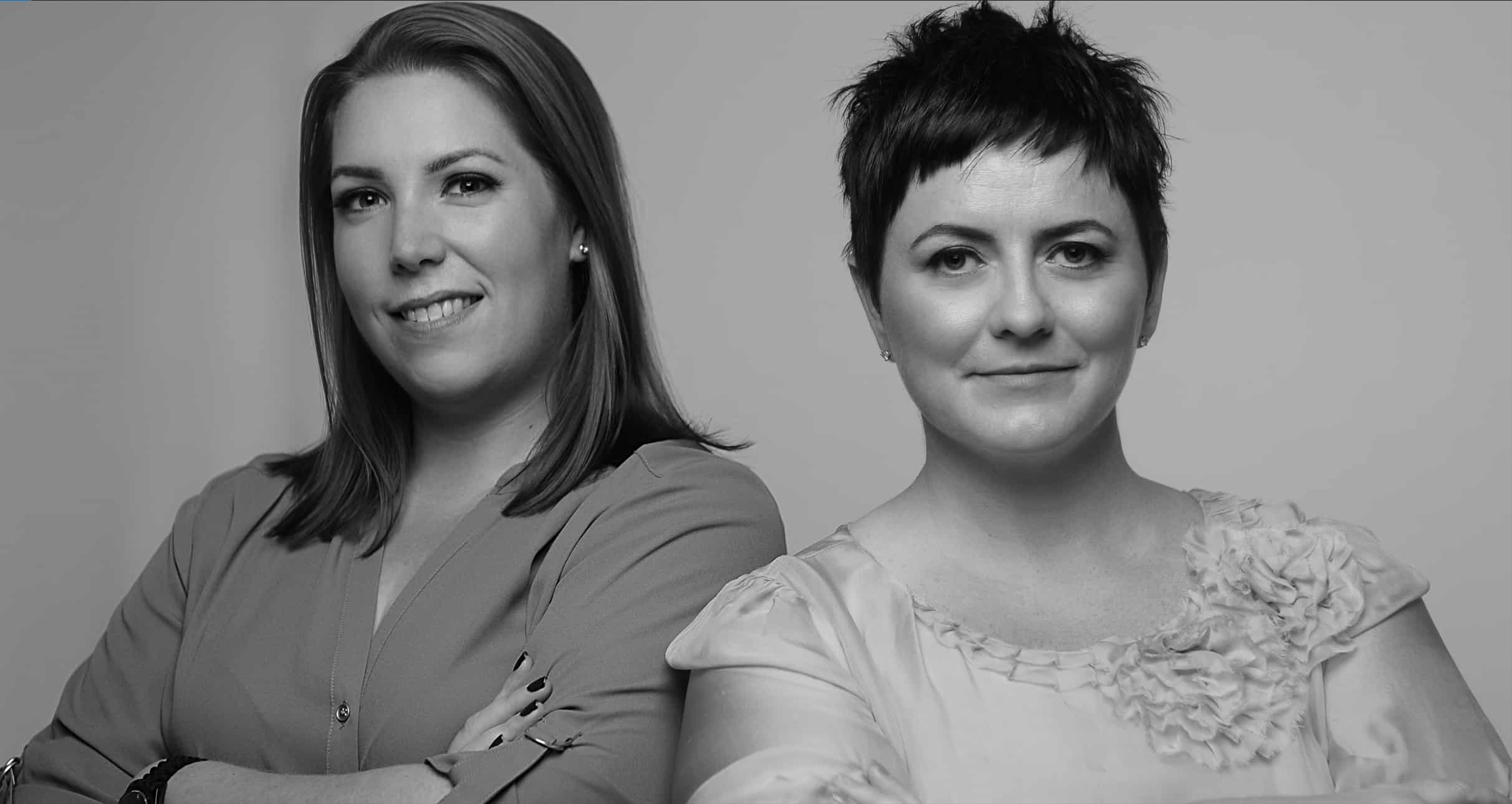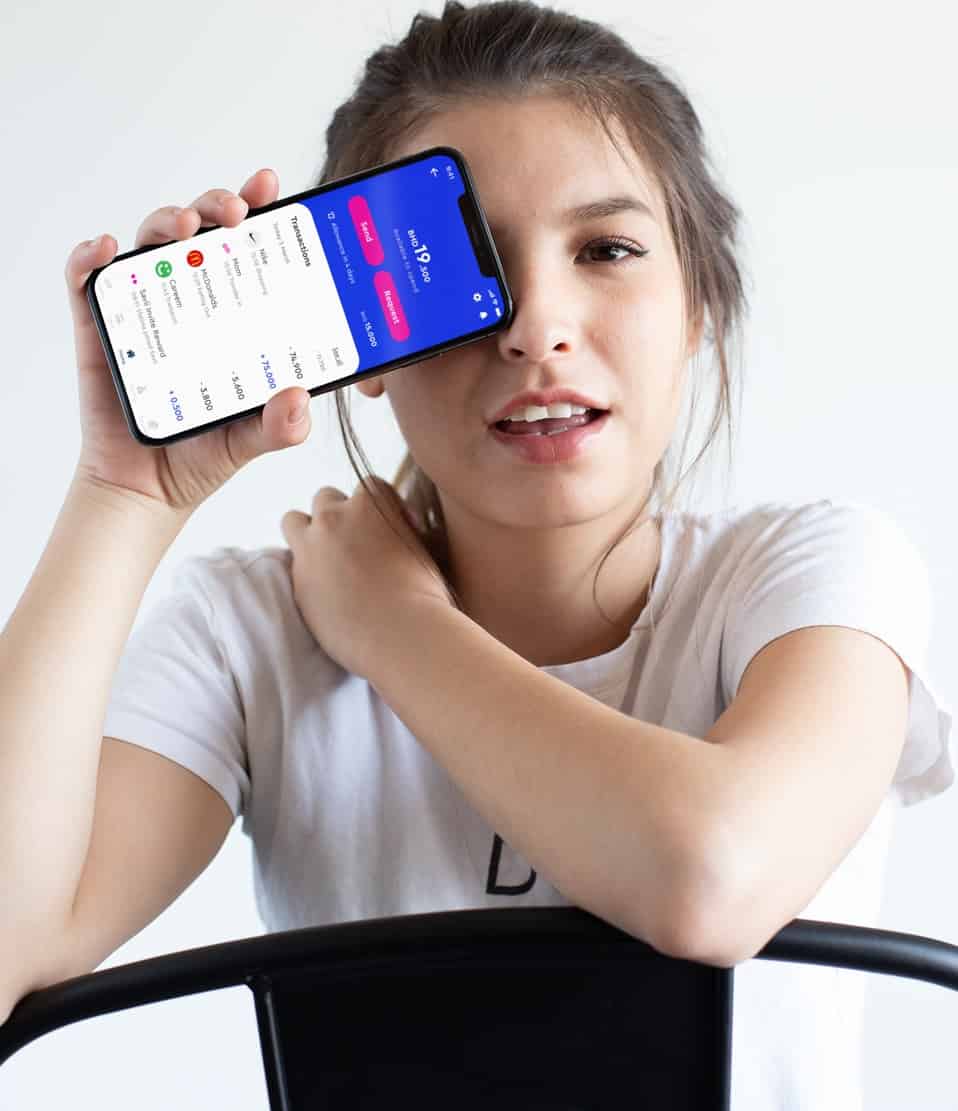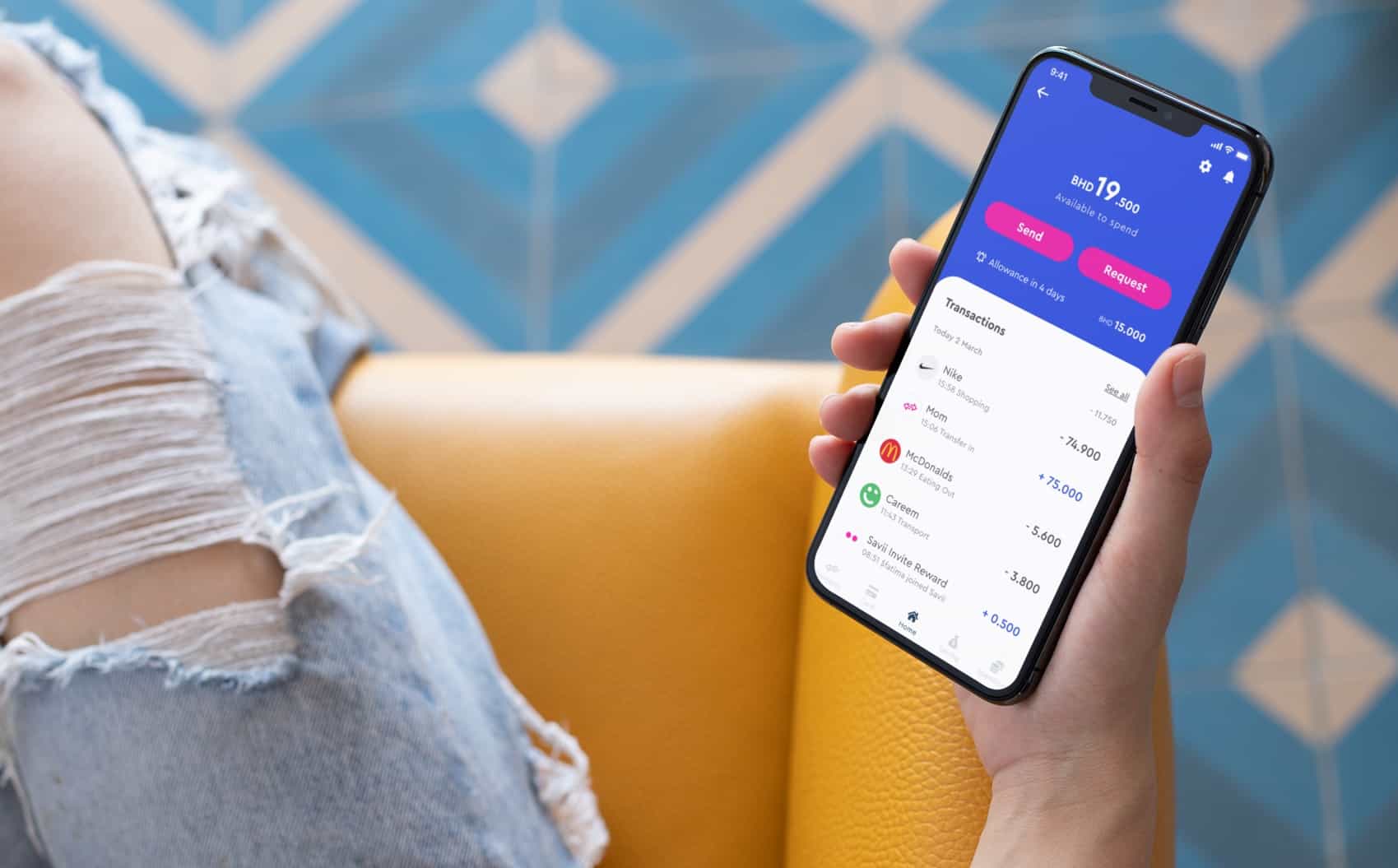Thrift might not be associated with teenage years of one’s life. But a new UAE-based start-up has set itself the difficult task of instilling the virtues of economy among teenagers in the region.

Co-founded by Jane Harvey and Nichola Collinson, Savii is a banking solution designed for the tech-savvy teenagers. The app is currently available on iOS and Android in Bahrain, allowing teens to pre-register for Savii cards with bank account activation planned for rollout towards the end of the first quarter of 2022.
“Even as most teens in the region start getting allowance from a young age, they are unable to set up a bank account until 18. That’s a massive, missed opportunity. We’ve created Savii to bank this unbanked segment giving them the choice to select a product that resonates with them,”the co-founders said.
Savii has constituted a youth advisory board, enabling teens to have a say in the product design and functionality. “Savii is built by teens for teens, who played a key role in our user testing journey from onboarding, messaging, engagement and reward system,” said Harvey.

“In a progressively cashless era, our customer discovery showed that almost 77% of teens in the region don’t understand the difference between debit and credit cards. They get their allowance in cash but rely on parents to make purchases for them online. At the same time, we’ve also spoken with 18-year-olds interested to invest in Bitcoins and ETFs (exchange traded funds). Some are keen to save for college, travel and so many other things. With Savii we are giving them a platform to become financially independent and responsible. Through our ‘pots’ feature, quite like digital envelopes, teens have the options to earn, budget, spend, save, invest and even make P2P payments, while parents can automate regular allowances.We want Savii to be their first bank account and spending card earning them rewards and discounts through our partnership with over 200 merchants in Bahrain.”
Savii’s research also showed that almost 77% of teens in Bahrain give to charity on a regular basis from 8-9 years onwards. “This is a positive cultural nuance that we’ve discovered driven by the fact that from a young age many children are encouraged to give ‘Sadaqah’ either through monetary donations or charitable acts which in turn prepares them for giving ‘Zakat’. In the future the Savii Pots will enable teens to set aside money for specific goals or charitable gifts/activities,” Collinson added.
Almost half of the adults in the Arab world are currently unbanked, yet the region has one of the highest mobile penetration rates globally which is a key driver why mobile-first banking solutions are starting to take off. Collinson said: “Gradually banks are realizing the importance of building strategic partnerships with fintechs to facilitate the introduction of digital solutions that sometimes their legacy systems are unable to support. At the same time due to massive regulatory requirements, we must align with banks and banking-as-a-service providers to leverage their existing infrastructure to launch new fintech solutions.”
There is a real need for more strategic and long-term partnerships between banks and fintechs over undertaking one-off exploratory projects. Such partnerships will support the regional fintech industry to reach its full potential while elevating customer service in a rapidly accelerating digital economy.
Almost half of the adults in the Arab world are currently unbanked, yet the region has one of the highest mobile penetration rates globally which is a key driver why mobile-first banking solutions are starting to take off.
From seamless shopping and secure payments to one-click remittance, trading and even allocating allowance for children, all this has been made possible by the rapid acceleration of the regional fintech sector. A sector that’s growing at a CAGR of 30%and expected to see the rise of over 800start-upsin 2022raising over $2 billion in venture capital funding, revealed a study by Middle East Institute.
Evidently “standing head and shoulders” above other sectors in terms of funding volume and value one in four deals were, in fact, closed in the fintech space in 2021, concurred consultancy RedSeer. Last year fintech start-ups accounted for nearly 30% of all the funding raised. Disruptive ideas, tech-led innovation, coupled with a favorable regulatory environment and support from accelerators have contributed to the robust growth of the sector. Digital payments and remittances have witnessed highest consumer adoption rate, at 53% and 41% respectively.
Even as impact entrepreneurship is gaining steam and the fintech sector continues to attract attention, securing early-stage funding is still a challenge.“Early-stage funding for female founders is always a challenge, and the high upfront costs of bringing a fintech product like Savii to the market is virtually impossible without investor support. Launching a minimum viable proposition (MVP) and gaining the necessary traction to attract institutional investors can easily cost $500,000,” Harvey observed.
“We’ve been fortunate to have secured our pre-seed funding with the support of angel investors in Bahrain and the UAE. This has enabled us to expand our team and launch the app in Bahrain, with future rollout plans in the UAE, Saudi Arabia and Egypt[a country where almost 60% of the population is unbanked],” Collinson concluded.








